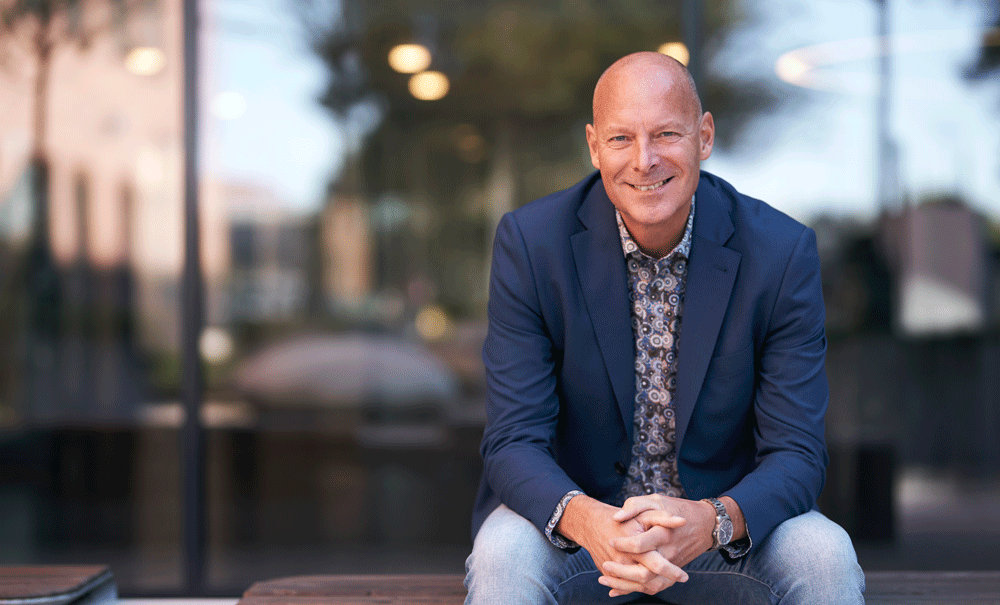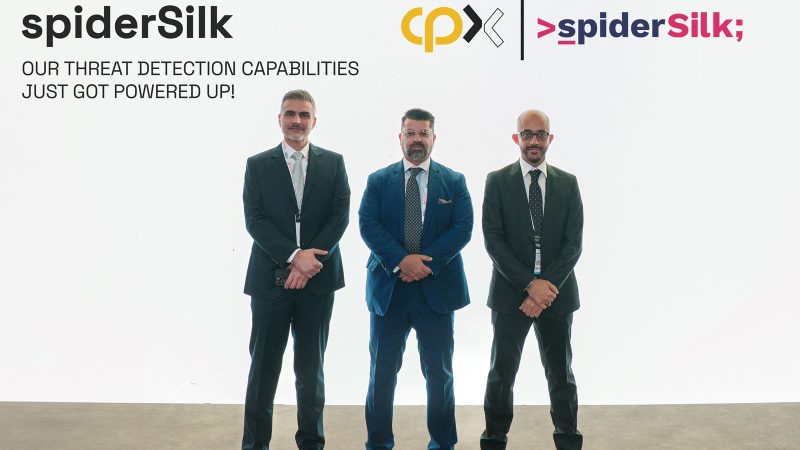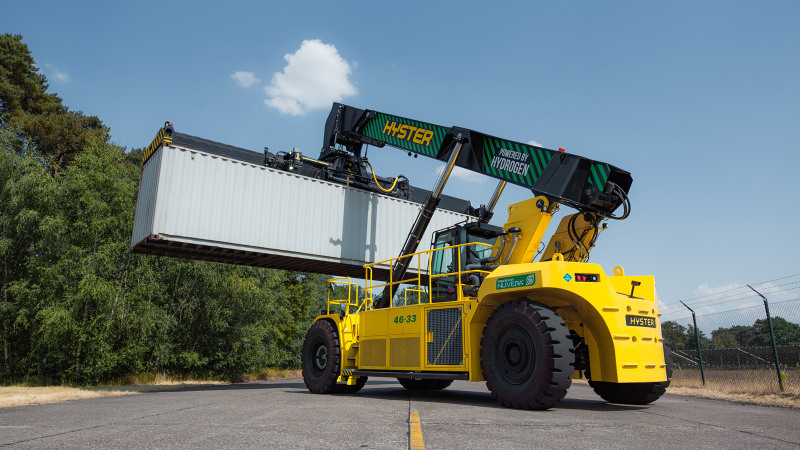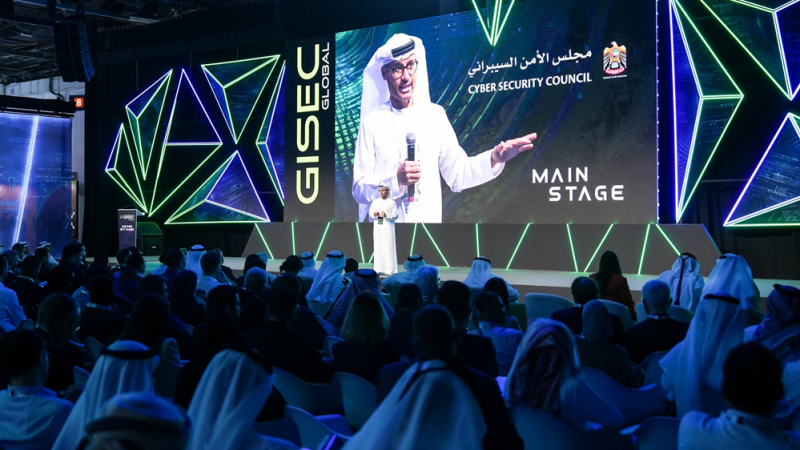Covid is not solely responsible for the immense uptick in the adoption of digital tools and technologies, but it highlighted the need for them. Over the last three to five years, society has digitised. All aspects of digital services are seeing incredible growth across the public and private sectors.
“Digital services are growing. We are consuming more digital services, and the emergence of AI is driving the whole industry into an even steeper growth phase.” says Stefan Nilsson, Chief Commercial Officer for Swedish data centre colocation provider, Conapto. “That means that our customers will consume even more power over the coming years, and as they do that, we need to make sure it is done in a conscious way.”
Indeed, in locations around the world we are starting to see a backlash against data centres, with communities in places such as Ireland and the US rebelling against new facilities being constructed nearby. This is not without good reason either – the energy requirements of data centres place huge pressures on the local energy grid, impacting the environment and the costs and availability of energy to the regions they operate in.
This is not a problem Conapto has had to wrestle with, however.
“We don’t see that reflected at all because we are working very hard with the community, the municipalities and energy companies to set ourselves up as a contributor instead of simply consuming energy,” Nilsson says. “That has become even more important in recent years, with the exponential growth the whole industry is seeing.”
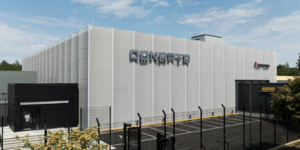 Internationally Competitive Local Service
Internationally Competitive Local Service
As a data centre colocation provider, Conapto runs four sites across Stockholm, focusing on stable secure and sustainable data centre services for customers that see Sweden and Stockholm as a key location for their data centre capacity.
And Stockholm is already showing itself to be a key destination for data services.
“If you have any kind of latency-dependent applications that you are selling to customers, you want to be located near the communication hubs, and Stockholm is the biggest hub in the Nordics,” Nilsson points out. “It is the best connected city in the region, and with Sweden’s green electricity production, its focus on renewables and its competitive pricing, Stockholm is a very attractive place.”
From a cost perspective alone, Stockholm and Sweden as a whole are practical locations for data. Conapto is engaged in heat reuse to district heating and supports Sweden’s national grid by balancing services through its battery capacity.
Within the Stockholm market, Conapto has established itself as a leader. Despite the local focus of the company, Conapto is well aware that it is competing against international players even within Stockholm, but that very local nature is its key competitive edge.
“We are a local, Swedish provider and that sets us apart,” Nilsson says. “We focus on the customer experience, and have received high levels of recognition for our work. We have a trending net promoter score of more than 70 and we try to work very closely with our customers.”
While the company’s culture and work ethic provide what Nilsson calls the “soft” reasons for Conapto’s competitive edge. The “hard” reasons come down to the unrivaled sustainability that Conapto can offer its customers.
“Because we are in Sweden and Stockholm, we operate on a truly fossil-free, renewable power basis,” Nilsson says. “We have available capacity for AI, using high density, air or liquid cooled deployment. We have designed and opened a completely new data centre with space designed purely for AI deployment, and at a very competitive power price compared to Central Europe.”
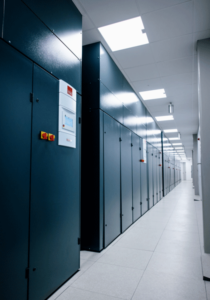 Greener Data
Greener Data
Whichever way you look at it, the competitive edge of Conapto as a company and Stockholm as a city is the sustainability of both.
“Sustainability is a key strategic element in our operations,” Nilsson says. “We focus heavily on all aspects of our business to make our company, and society as a whole, as green and environmentally friendly as possible at all of our sites.”
In practical terms, this means a strategic decision not to buy any land or build any facilities that are not immediately ready to be hooked to the district heating network. From a broader perspective, the EU is also launching a Corporate Sustainability Reporting Directive, as well as updating the Energy Efficiency Directive. This puts pressure on Conapto’s customers to use energy efficient facilities, but also puts pressure on the data centres industry to position itself to do good with its facilities.
Sweden and Stockholm’s energy mix is well-suited to this. The country’s energy is drawn 40% from hydro, 30% from nuclear, 20% from wind and 5% from solar, supplemented with a small amount of biomass.
“We have been fossil-free for a long time,” Nilsson says. “Sweden is the energy producer in Europe with the lowest carbon footprint per produced kWh. Our production generates between 12 and 20 grams of CO2 per produced kWh, compared to Germany which produces 300 to 400 grams per produced kWh.”
Conapto does not just take advantage of that energy mix, it contributes.
“That means not just looking at how we and our customers consume energy, but finding ways to give back to society through district heating, grid support and balancing services,” Nilsson says. “These are really important aspects of everything we do.”
That mutually beneficial symbiotic relationship between Conapto and Stockholm is set to continue for the foreseeable future.
“I would never say never, but for at least the time being our strategy is focused on Stockholm,” Nilsson says. “We intend to build out even more capacity in Stockholm. We will do it well, with sustainability at the top of our mind. We recently opened up our fourth data centre here and we are already planning for more capacity.”
Nilsson foresees Conapto’s growth continuing alongside the community, the municipality and energy companies, tying the company’s future firmly to that of the region. It will also continue building new capacity to withstand the growing workload generated by AI.
“As AI grows it will put a lot of pressure on older facilities,” Nilsson says. “As these new products consume even more energy, we will see a phase-out of old CPU servers, so we are looking at the graphical processor units that AI clusters will need to do these workloads quickly. The whole industry is facing a roadblock as we see a growing demand for new or updated facilities ready for high density and liquid-cooling. That will be a big shift in the technology of the industry.
